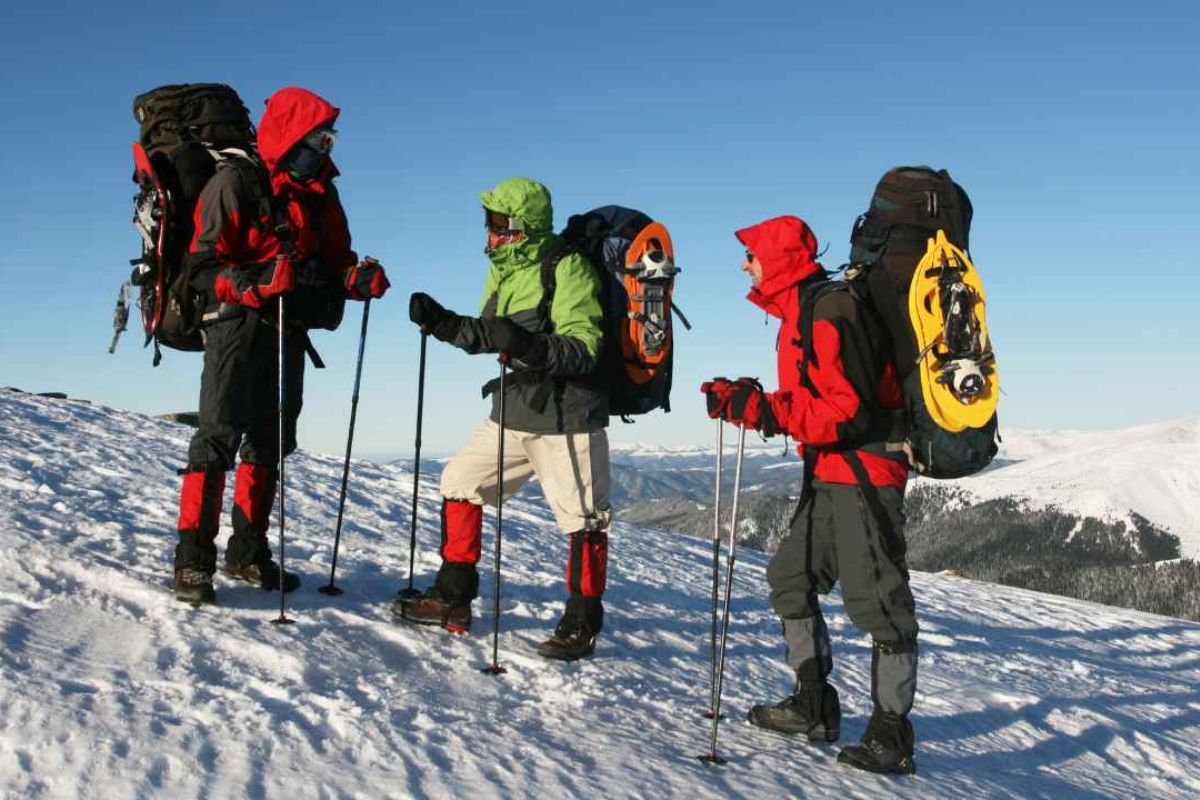Family camping trips are cherished events that create lifelong memories and bring families closer together. Venturing into the great outdoors with loved ones requires careful planning and the right gear to ensure everyone from toddlers to grandparents enjoys a comfortable, safe, and fun-filled adventure. This comprehensive guide will cover all the essentials, from selecting the perfect camping site to engaging in exciting outdoor activities, ensuring your family camping trip is a resounding success.
Choosing the Right Gear for Family Camping
Essential Camping Gear
- Tents: Invest in a spacious and durable tent that can accommodate your family comfortably. Consider tents with rooms or partitions for added privacy.
- Sleeping Bags and Pads: Choose sleeping bags suitable for the climate and comfortable sleeping pads or air mattresses to ensure a good night’s sleep for all family members.
- Cooking Equipment: Portable stoves, coolers for food storage, and cooking utensils are essential for preparing meals. Don’t forget environmentally friendly dish soap and containers for leftovers.
Additional Comfort Items
- Camping Chairs and Tables: These provide comfort and convenience, making mealtime and relaxation easier.
- Lighting: Headlamps, lanterns, and flashlights are crucial after sunset. Ensure you have extra batteries or solar-powered gear.
Selecting the Perfect Camping Site
Criteria for Site Selection
- Safety: Choose sites that are known to be safe, especially from wildlife or hazardous terrain. Sites with a ranger station nearby provide additional security.
- Facilities: Opt for campgrounds with essential facilities such as toilets, showers, and potable water, which are particularly important when camping with children.
- Activities: Look for locations offering various activities that can engage different age groups, such as hiking trails, biking paths, lakes for fishing, or open areas for games.
Reservations and Permits
- Always check if you need reservations or permits, as popular sites can fill up quickly, especially during peak seasons.
Engaging in Fun and Safe Camping Activities
Activities for All Ages
- Hiking: Choose trails that are suitable for your family’s fitness levels. Plan a nature scavenger hunt to make hiking more exciting for kids.
- Water Activities: Canoeing, kayaking, and swimming are great ways to cool off and have fun. Always prioritize safety by using life vests and monitoring weather conditions.
- Games and Crafts: Bring along board games, cards, and craft supplies to keep everyone entertained during downtime.
Learning and Discovery
- Nature Education: Use your surroundings to teach children about flora, fauna, and survival skills like map reading or fishing.
- Stargazing: Camping trips are perfect for introducing children to astronomy. Bring a telescope or use a stargazing app to learn about constellations.
Safety Measures for a Worry-Free Trip
Preparation is Key
- First Aid Kit: Always have a well-stocked first aid kit ready. Include items like bandages, antiseptic, insect repellent, and medications for common ailments.
- Weather Awareness: Prepare for all types of weather by packing appropriate clothing and understanding how to secure your campsite against strong winds or rain.
- Wildlife Precautions: Educate your family on how to store food securely and behave safely around wildlife.
Communication Plans
- Emergency Contacts: Ensure everyone has a list of emergency contacts. In areas with poor cell service, consider renting a satellite phone or carrying a two-way radio.
Making the Most of Your Family Camping Experience
Pack Smart
- Checklists: Use a checklist to ensure you don’t forget essential items. Allow children to pack their backpacks with guidance to give them a sense of involvement.
- Leave No Trace: Teach your family the importance of leaving no trace, emphasizing the need to preserve the natural beauty for other campers and future visits.
Create Lasting Memories
- Photo and Journal: Encourage family members to take photos and keep a journal of their camping trip, creating lasting mementos of their adventure.
Conclusion
Family camping is an enriching experience that strengthens bonds and nurtures a love for nature. With the right preparation, gear, and activities, your family can enjoy the great outdoors while ensuring safety and fun for everyone. Remember, the key to a successful family camping trip lies in thoughtful planning and a spirit of adventure.
FAQS
What should we do if we encounter wildlife at our campsite?
Encountering wildlife is a possibility when camping in natural settings. It’s crucial to know how to react safely:
- Stay Calm and Keep Distance: Teach your family to remain calm and never approach, feed, or attempt to touch wildlife. Use binoculars for a closer look rather than approaching.
- Secure Your Food: Store all your food items in bear-proof containers or locked in your vehicle. Keeping your site clean and free of food scraps will help deter animals from visiting.
- Educate Yourself About the Local Wildlife: Before your trip, learn about the types of wildlife you might encounter and specific precautions to take, especially if camping in areas known for bears, coyotes, or other large animals.
How can we make camping fun for teenagers who prefer staying indoors?
Engaging teenagers can be challenging, especially with the distractions of digital devices. Here are some strategies to make camping appealing:
- Incorporate Technology: Allow them to use their smartphones or cameras to document the trip. Apps that identify plants, stars, or wildlife can make nature more interactive and engaging.
- Plan Adventure Activities: Include activities that challenge them, like rock climbing, geocaching, or kayaking. Activities that feel like an adventure can be more appealing to teenagers.
- Give Them Responsibilities: Assign them important tasks, such as being in charge of the campfire or navigating a hike. This can help them feel valued and more involved in the experience.
What are the best types of meals to prepare on a family camping trip?
Preparing meals that are simple, nutritious, and appealing to all family members is key to a successful camping experience:
- Plan Ahead: Pre-plan and pre-pack meals that require minimal preparation. Dishes like chili, stews, or pasta can be made in advance and reheated at the campsite.
- Cook Together: Involve everyone in the cooking process. Campfire classics like hot dogs, marshmallows, and foil packet meals can be fun and easy for kids to help prepare.
- Consider Dietary Restrictions: Make sure to accommodate any family member’s dietary restrictions or allergies. Bring alternative food options to ensure everyone has something they can enjoy.
















